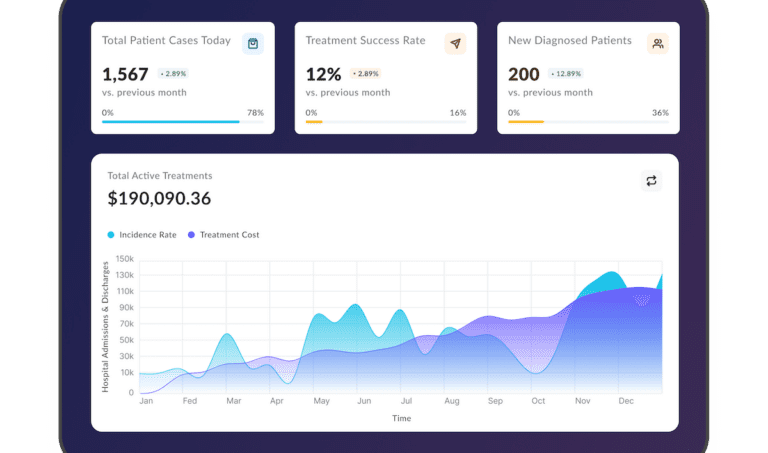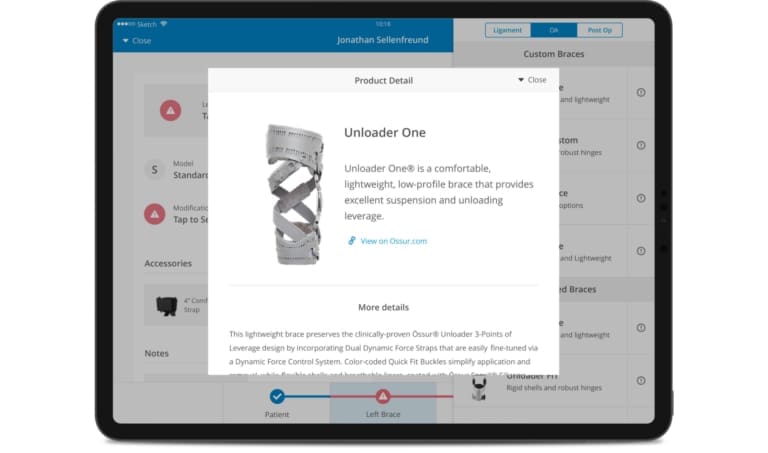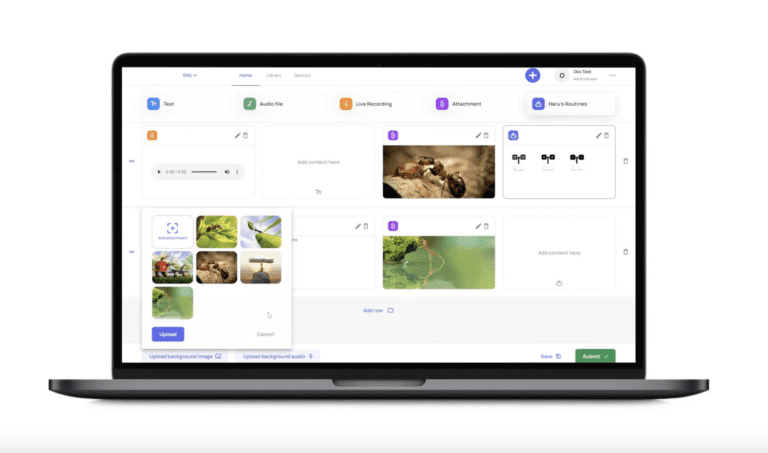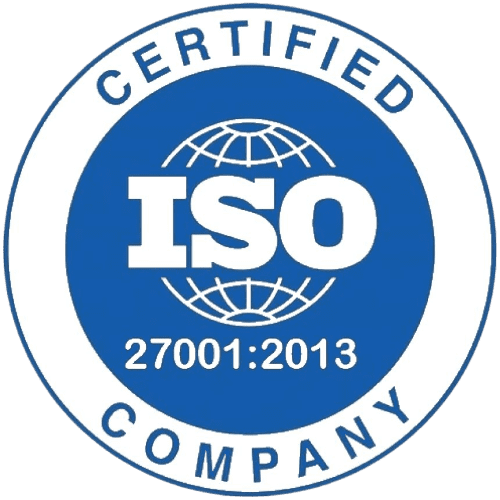How to Build White Label ERP Solution: Your 2025 Guide
Updated: June 4, 2025
White-label ERP solutions aren’t a novelty but have recently evolved significantly, gaining popularity among managed service providers, value-added resellers, and digital agency owners. This is unsurprising because the White-label ERP (Enterprise Resource Planning) concept is suitable for all businesses, including large-scale companies and startups.
Another benefit is its feasibility, as any business member, from an office manager to the company’s CEO, can operate it without any issue. White-label will save your resources and prevent you from pitfalls associated with creating a new tool. This makes white-label ERP a good alternative to DIY software or off-the-shelf options.

We provide companies with senior tech talent and product development expertise to build world-class software. Let's talk about how we can help you.
Contact usSounds perfect, doesn’t it? But that’s not all. The guide below will provide information on what white-label ERP development can offer your business and a case study to show you how it’s done.
Table of Contents
Reasons to choose White Label ERP solution
White Label ERP software is a less risky, cost-effective alternative to building a software solution from scratch. In simple terms, white-label ERP is developed by one company but sold by another and delivered without any branding. It enables the purchasing company to customize it for resale or mold it to extend or enhance its existing software. Digging deeper reveals further advantages:
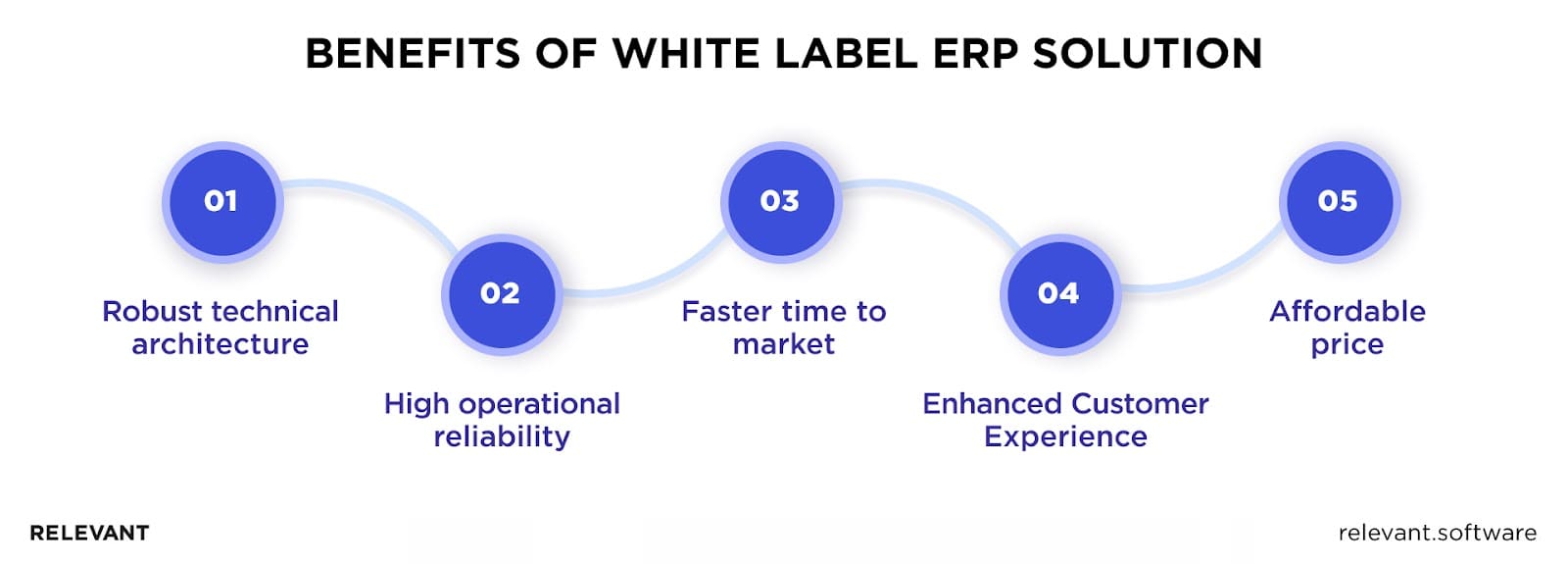
Robust technical architecture
White Label ERP solutions are made on well-tested, state-of-the-art technical architectures, allowing ISVs and resellers to be confident that the software they invest in is a reliable, future-proof product. In addition to their state-of-the-art technology stack, white-label ERP solutions offer multiple user interfaces, deployment options, and licensing models.
High operational reliability
White Label ERP software entails far fewer risks. Uptime and continued functionality are the responsibility of the suppliers. They are also responsible for the maintenance, development, and updating of the system, as well as data protection and security.
Faster time to market
If there is already a white-label ERP solution that broadly fits your business needs, then there’s no need to start from scratch. The extra months (or even years) it would take you to develop your own solution can force your clients to look elsewhere. You can avoid this with pre-packaged software that you can rebrand for your business and meet its needs immediately.
Enhanced Customer Experience
White-label ERP solutions are prepared to enable optimization for specific markets and verticals. Experienced partners have a complete developer toolkit to allow a development team to extend and augment the solution for special customer needs. These elements make it easy for resellers and ISVs to fine-tune the white-label ERP to provide consumers with tailor-made solutions on the spot, thus strengthening their service offerings.
Affordable price
White Label solutions allow a considerable degree of customization without the associated costs of software developer support. Similarly, they are tested and built to run at Enterprise-level ERP uptime. The code-free customization of these solutions enables the vendor to add value for their customers by facilitating the majority of the customizations they require via their team of ERP consultants.
Open Source ERP vs. White Label ERP Software
Distinguishing between open-source and white-label solutions can be tricky, especially if you’re new to rebranding and reselling domains. But once you dive into the details, you realize how far apart they are and how much easier one is than the other. Let’s see closely.
Open source ERP
In this option, the development of open-source ERP is available to everyone for free. There are no licensing or royalties, so there are no strings. While this seems like a good deal, it has many downsides.
Think of code as trying to assemble a constructor without instructions. That is how open-source works. You don’t get a ready-made solution. Instead, you get disparate parts to build a solution, and sometimes you need help to handle the code. In this case, you will likely have to hire a developer to change the code, tweak it, and test it, which will cost you time, money, and effort.
White label ERP
With White label ERP, you get a complete package, i.e., a fully tested and functional solution that you can buy and sell as your own, and customers can start using it immediately. It saves you time and effort that you can better spend on your further business growth.
The only possible downside to a white-label solution is that it will cost you money. However, the cost is justified by its benefits and simplicity. In addition, you can find different packages among White Label solutions and choose the one that best suits your budget.
How to Build a White-Label ERP Solution
To grow and thrive, you must find a white-label ERP software and solutions company that offers mature products willing to be branded with your company’s name. There are two ways to white-label app development.
- White-label developers reuse the internal code but change the external code to look different.
- White-label developers create an app with a fixed set of features to sell to external companies with the freedom to add or edit features. This is mainly used by companies that use the Software as a service model.
You can use this one-of-a-kind roadmap for your white-label ERP solution as a good starting point.
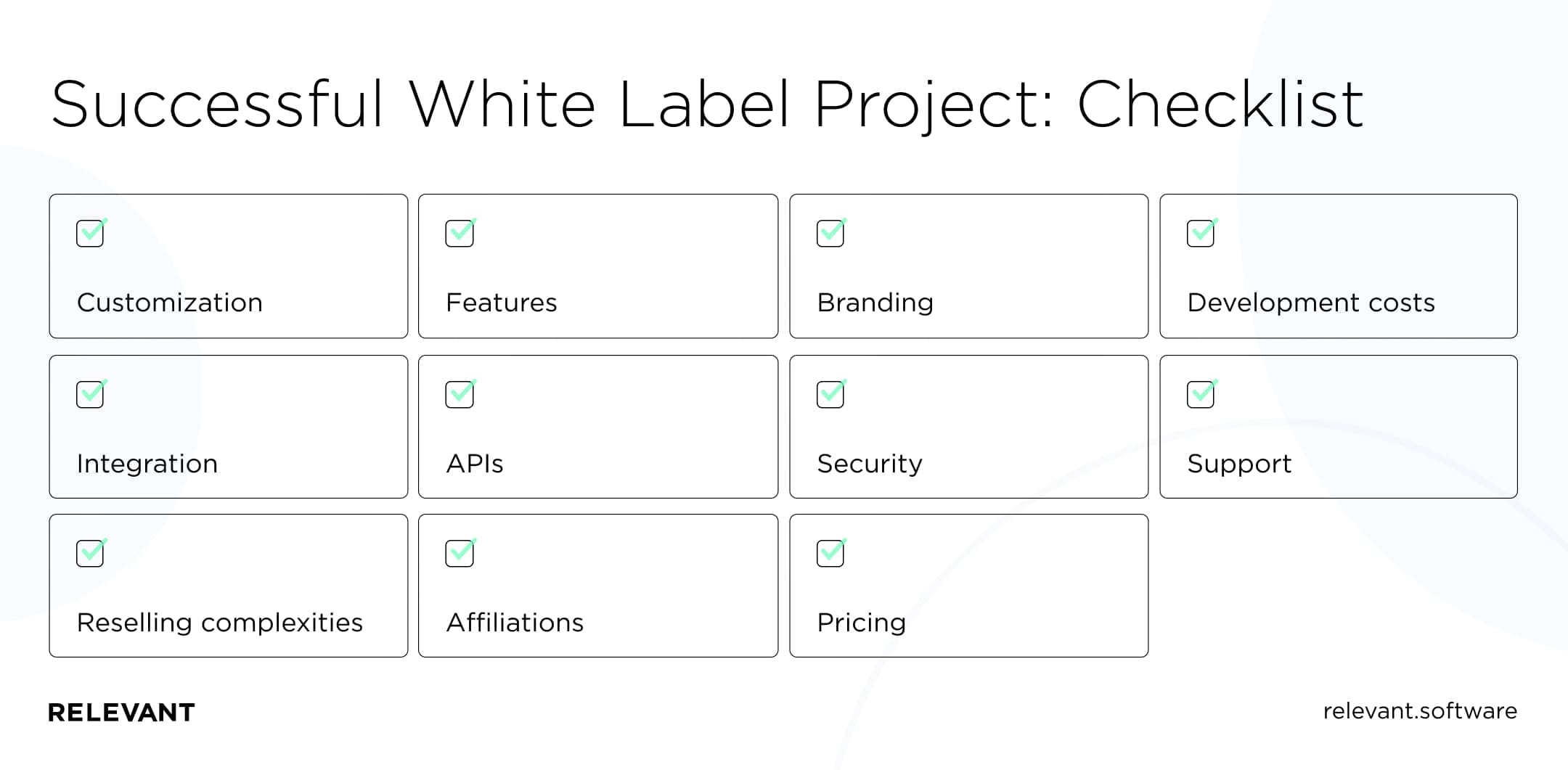
- Customization: You will need a clear description of the software interface, features, access, branding, and appearance, right down to user manuals and packaging. Be clear in brief, as the development team will rely on it.
- Features: There will inevitably be discussion points throughout the project regarding what can and can’t be done with the available budgets and timeframes. Ensure you agree internally about where any potential corner-cutting can be done – and which features are critical.
- Branding: Consider creating software that appeals to a more specialized, niche audience where the big players are not fully consuming the available market.
- Value: Consider combining complementary packages into a bargain bundle or a two-for-one deal, where the customer will feel they are receiving excellent value for money. Always consider the end value for the customer and how you can maximize it in your software.
- Partnership: Discuss the opportunity for long-term partnerships with your white-label software vendor. Your project will become a valuable asset to you, so ensure you can rely on them to stay on the journey with you as it evolves.
- Development costs: Be clear on what you expect to pay for the software you want. If the price exceeds your planned budget, ensure you understand the added benefit of spending more.
- Integrations: You should always have a defined strategy for building white-label software and a clear view of how you expect it to impact the business. This is particularly important if the application needs to function alongside existing software and share data with it.
- Security: Take the time to consider any potential security concerns the end-user or licensee may have and plan actions to limit security risks.
- APIs: Discuss with your developer the possibility of adding additional software integrations, if any. Find out which APIs will ship with the initial product and who will be responsible for future integrations.
- Support: Some resellers set up their own first-level support system, which becomes the client’s initial contact point. Consider having an ongoing support contract with the developer to fix any back-end problems.
- Reselling complexity: Outline exactly the possibilities for reselling or sharing the application.
- Affiliations: Ensure you have a clear selling and licensing software strategy.
- Pricing: Make sure your license or subscription fee covers your costs. You may have paid a vendor, but that’s not the end. Now you need to spend money to promote your solution, and those costs can be high.
Custom White-Label ERP Software – is it worth it?
In a business environment where change is inevitable, companies can increase the readiness of their offerings with a solution that allows them to innovate, differentiate their applications, and make them more attractive to potential customers without implementing costly ERP systems from established vendors.
With custom-made B2B ERP solutions, companies can rely less on developers. A no-code agility toolkit allows them to modify, deliver and scale the solution to meet customer requirements without compromising the core.
Must-have features for ERP White Label software
Software that implements an ERP strategy consists of modules that you can modify depending on the size and characteristics of the company. The standard set can include the following points:
- Finance and Accounting;
- Personnel Management;
- Stock & Warehouse Mgt;
- Sale;
- Customer Relationship Management (CRM);
- Purchasing;
- Supply Chain Management (SCM);
- Production.
You can choose only those necessary for the organization at the specific stage of its development.
Think About Gamification of Your ERP Solution
You can design an intuitive and motivating system that simplifies your sales process and procedures. Look at a case-in-point gamification example with MapMan.
MapMan employed Enterprise Systems Software’s gamification to enhance real-time performance and boost sales. They analyzed different gamification approaches that could serve all the client’s objectives and created a capable gamified ERP and CRM SaaS platform with an intuitive web UI and an iOS app that monitors and manages personnel.

Mapman provides gamification of Enterprise Systems Software and its performance in real-time to help boost sales. An analysis was done of different gamification approaches that could serve all the client’s objectives. A capable gamified ERP and CRM SaaS platform with an intuitive web UI and an iOS app that monitors and manages personnel was created.

Common problems for ERP that you must take into account
One of the biggest problems of ERP is integrating it with other systems used in your company’s infrastructure and adapting processes to suit the ERP for it to work. This may seem tricky, and the time and resources it would take to reorganize the business and retrain an understandably reluctant team would not seem worth it.
However, by choosing the right white-label software for your specific requirements, you will ensure that your integration is seamless and eliminate the lack of flexibility and other challenges of ERP implementation.
Merging data from numerous systems may sometimes result in disputes across sources. But a reliable system ERP feeding a single data repository considerably improves your company’s data’s accuracy, consistency, and security. The organization’s data is managed through the cloud, and mature ERP vendors engage security professionals to provide data security; cloud-based systems have an added layer of protection.
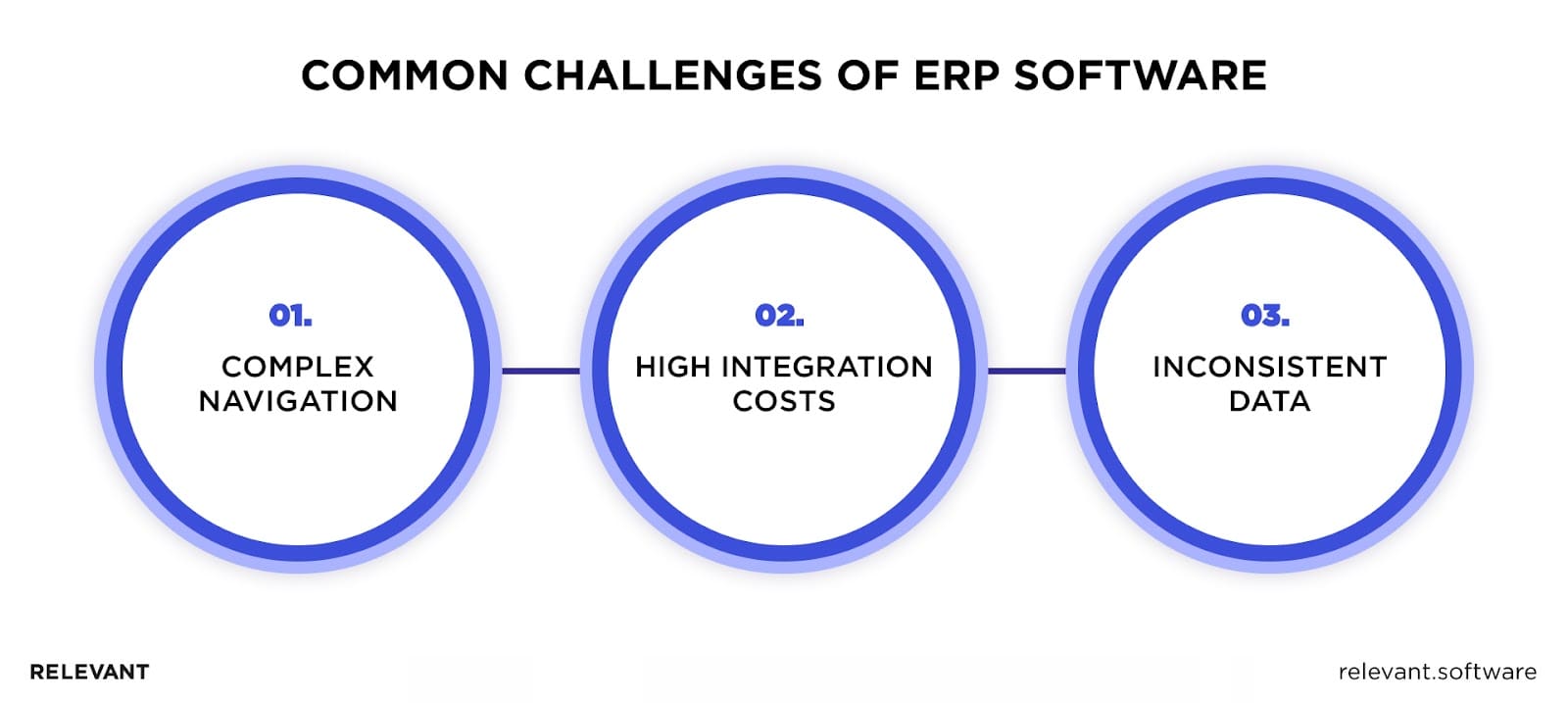
Why is cooperation with a White-Label ERP software vendor so critical?
In most cases, the attraction of a white-label software provider for services such as new product development or internal system design garners positive results. One reason is that you are hiring an existing company specializing in the desired product or service.
This will effectively minimize the risk of missed benchmarks and costly oversights that may slow down or, in some cases, even halt a project entirely. Holding a professional service provider accountable for issues within the product or service can reduce your company’s liability and ensure you achieve the desired result on time.
A reliable vendor should provide a powerful strategy they share with you to help increase your distribution and revenue opportunities through:
- Modern tech stack
- Multiple deployment options
- Seamless integrations
- Enhanced user experience
- Agile development approach
Providing Market-Driven localization technology will allow you to make changes to facilitate local business rules such as VAT (value-added tax), language, and reporting. Using the EDI (Electronic Data Interchange) verticalization helps create niche market-specific functionality to meet the needs of your customer base and any partnership.
Best white-label solutions vendors, including Relevant, can offer the following:
- Deliver solutions ready for execution
- Configure and integrate software to platforms and technologies required
- Host applications on the architecture of your choice; cloud, hosted, or on-prem.
- Monitor performance and offer extended support
- Manage the security and reliability of the white-label product
- Focus on innovation on many levels
Characteristics of a reliable ERP White Label solutions provider
When selecting a partner for a white-label ERP project, make sure that the software development company observes the next requirements:
- Upholds standards. Ensure the vendor delivers services that match your partners’ goals and needs, along with post-launch support and troubleshooting.
- Keeps actuality. Ensure that the company applies cutting-edge innovative technologies and understands current trends in the IT market.
- Provides a transparent and unambiguous agreement. Reliable providers are transparent and ready to answer all questions and doubts. There are no hidden pitfalls or extra costs between the lines in the contract.
- Offers the product or service test. Arrange with your service provider to test the solution before launch to ensure that it meets all requirements and works without problems.
- Cares about intellectual and commercial rights. Be sure to read and agree to the terms and conditions, which state that all intellectual and commercial rights to software products developed by a dedicated team are wholly owned by you as a client.
Without a doubt, all these qualities are inherent in Relevant, which has enough experience to take the software white label to the next level – and the success of FirstHomeCoach proves it. ⬇️
How We Built a White-Label FinTech Product
White-label fintech products and solutions are saving industries time and resources. Companies can deploy new white-label fintech through reliable tools and applications for their financial services. It’s projected that these benefits will double the number of fintech companies on a global level.
Relevant recently worked with FirstHomeCoach, which is a UK-based Fintech company. We developed an application that provides homebuyers with a way to navigate the home-buying process effectively and quickly. Relevant team integrated an app that could use system algorithms from scratch for FirstHomeCoach.
As a result, FirstHomeCoach could sell white-label ERP products to potential homebuyers that were secure and reliable. That allowed fintech companies to benefit from P2P lending, banking services, or wealth management.
The FirstHomeCoach project has demonstrated that white labeling is not limited to basic, universal applications. The platform serves a dual purpose. On the one hand, it guides users through the complex process of buying property. On the other hand, we have adapted it to the business case of each client partner.
Your Next Step
If you have been considering developing white-label ERP software but have not yet found a reliable development partner, consider reaching out to our white-label development services.
We can help you capitalize on opportunities, attract new customers, and forge new business partnerships by developing custom white-label ERP software tailored to your needs.
Whatever digital product or service you would like to provide to your clients, Relevant can get you there. Contact us and our highly skilled and reliable dedicated team will ensure that your white-label software products or services are completed to your specifications on time and within budget.
Our core services:
Do you want a price estimate for your project?
Do you know that we helped 200+ companies build web/mobile apps and scale dev teams?
Let's talk about your engineering needs.
Write to us